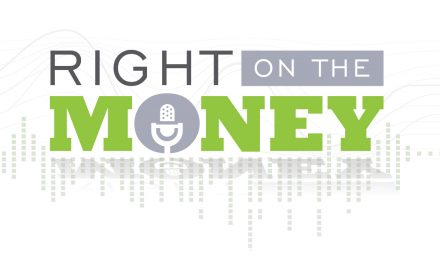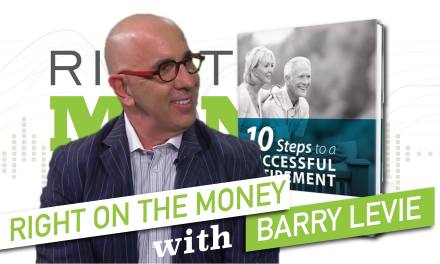Retirees are often surprised by retirement’s realities and remedies
Effective retirement planning can begin in your early 40s by phasing in the impact of taxes that will ultimately come due. Workers who’ve accumulated pensions and are unfamiliar with annuities are often surprised to learn that their pension is likely based on the structure of an annuity. Whole-life insurance purchased for income purposes can provide tax-free distributions via policy loans (as long as the policy is kept in force for the life of the insured.) Watch the interview with retirement specialist John Shedenhelm.
Just when pre-retirees are ready to dial things down and enjoy the fruits of their labor, they often come to realize that taxes, which they thought would soon be a lesser expense in retirement, may actually be greater. The reason? Instead of having one or two primary sources of income from their active careers, couples often receive income from a several IRAs, separate pensions and 401(k) plans, in addition to Social Security.
Though taxes are generally deferred through the accumulation phase, those obligations ultimately come due at distribution. Retirement planning specialists advocate methods that can shift the assets over time to reduce tax liabilities, and then re-purpose the funds into tax-free income products if the math makes sense.
Many retirement account owners are surprised to learn about tax treatments that precede retirement. As early as age 59 1/2, owners can move money from qualified accounts into alternative investments, having bitten the tax bullet early. Again, if it makes math sense. This can be staged over multiple years to spread the tax hit, and this ultimately can reduce the amount of required minimum distribution (RMD) that begins at age 70½. On a side note, while many savers are familiar with the penalties on taxable distributions before age 59 ½, they’re shocked to learn that not taking mandatory RMDs can trigger a 50% penalty tax on the undistributed amount.
Also generally new to account owners is guaranteed lifetime income without risk that can result from allocations to qualifying insurance policies and annuities. Deferred index annuities can provide account growth during up markets and are without risk of loss due to performance in down markets. But keep in mind that policies have expense that could generate a negative return. While this may be their first exposure to annuities, many investors who are pension holders don’t realize that their pensions are priced similarly of that of an annuity.
In short, one need not be retired to manage retirement taxes. Through these and other tactics, retirees can take charge of their assets early and avoid market surprises that may not experience a timely recovery.
Syndicated financial columnist Steve Savant interviews top retirement specialists in their field of expertise. In this segment we’re talking to retirement specialist John Shedenhelm. Right in the Money is a financial talk show distributed in daily video press releases to over 280 media outlets and social media networks.




